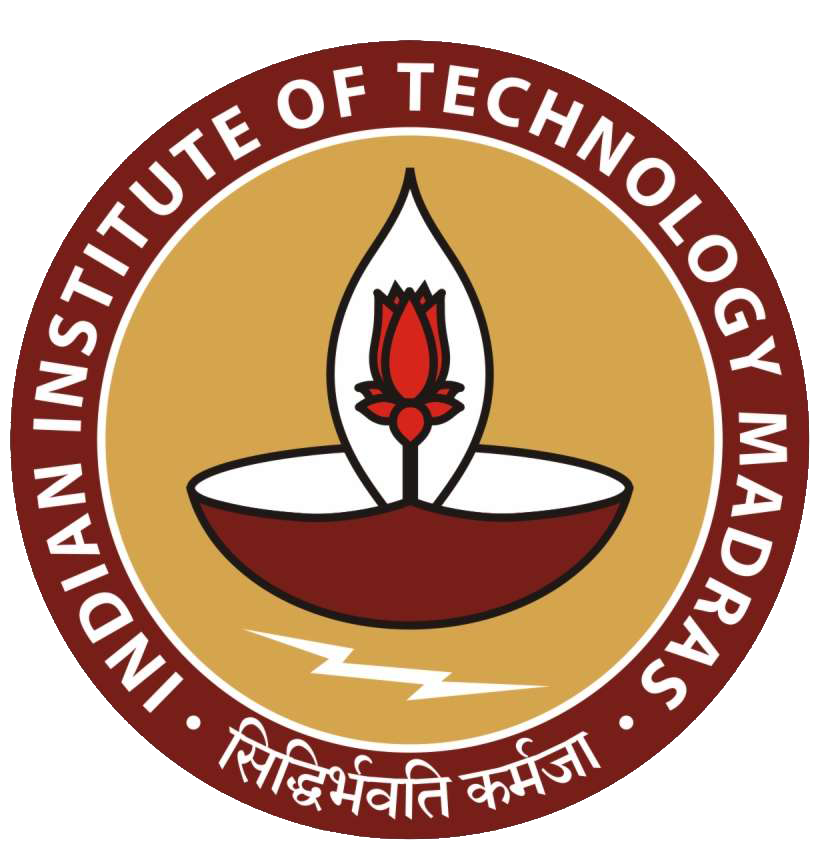Question-68
Which of the following statements are true regarding a skew-symmetric matrix?
For a skew-symmetric matrix, \(\displaystyle A^{T} =-A\). Let us now use a few of the properties of determinants:
\[ \begin{equation*} \begin{aligned} |A| & =|A^{T} |\\ & =|-A|\\ & =( -1)^{n} |A| \end{aligned} \end{equation*} \]
If \(\displaystyle n\) is odd, \(\displaystyle |A|=0\) and hence \(\displaystyle A\) is not invertible. We have shown that skew-symmetric matrices of odd order are not invertible. For \(\displaystyle n\) being even, the above equation won’t allow us to conclude anything. Therefore, we have to deal in (counter) examples.
Consider the following counter examples:
\[ \begin{equation*} A=\begin{bmatrix} 0 & 1\\ -1 & 0 \end{bmatrix} ,\ B=\begin{bmatrix} 0 & 0\\ 0 & 0 \end{bmatrix} ,\ C=\begin{bmatrix} 0 & 1 & -1 & 0\\ -1 & 0 & 1 & 0\\ 1 & -1 & 0 & 0\\ 0 & 0 & 0 & 0 \end{bmatrix} \end{equation*} \]
All three matrices are skew-symmetric of even order. \(\displaystyle A\) is invertible, while \(\displaystyle B\) and \(\displaystyle C\) are not. \(\displaystyle C\) has been included as \(\displaystyle B\) is quite trivial. If a skew-symmetric matrix is of even order, we can’t comment on its invertibility without more information.
